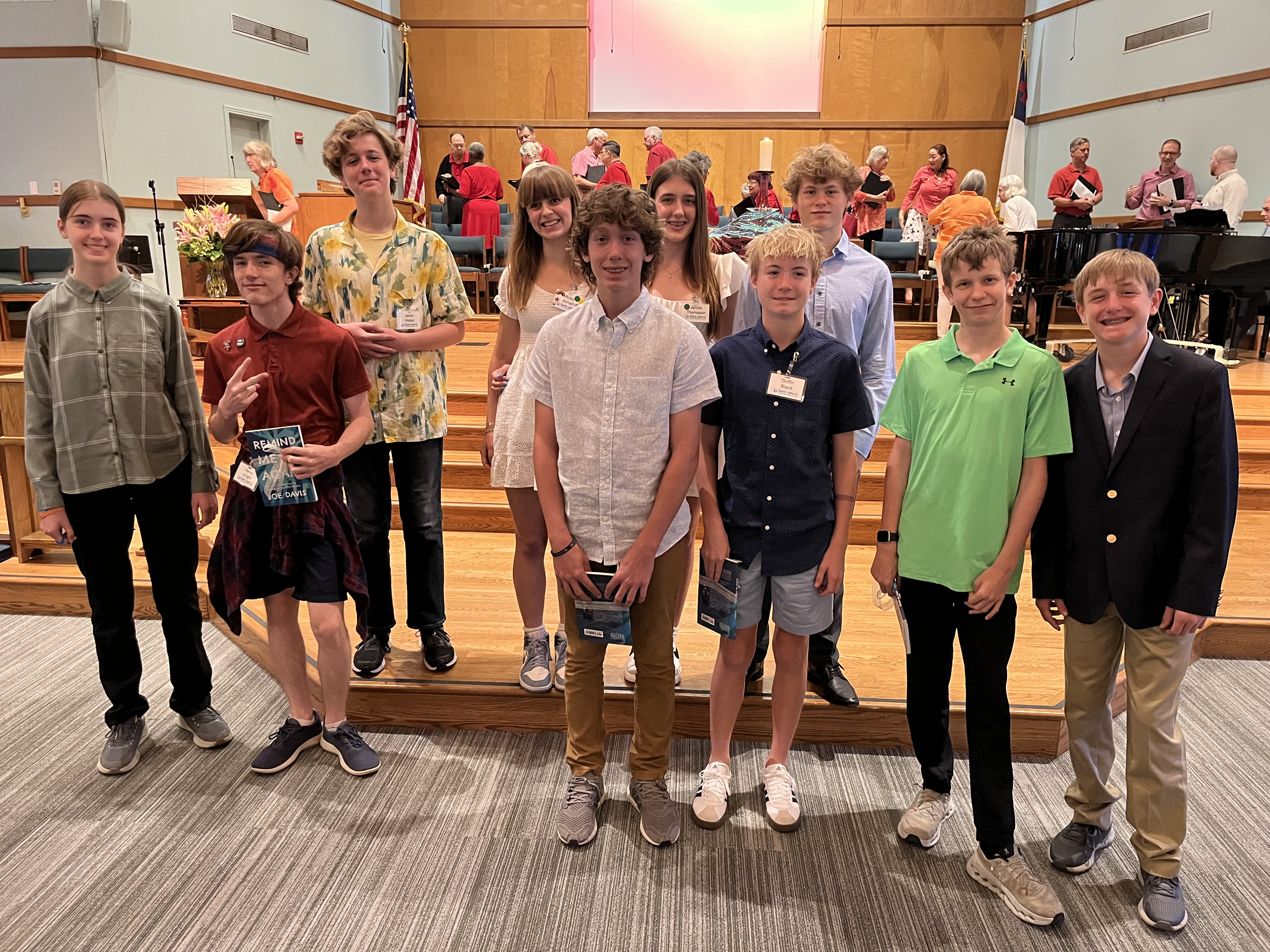Love Comes in Seasons
December 17, 2025

When his parents saw him, they were astonished,
and his mother said to him,
"Child, why have you treated us like this?
Your father and I have been anxiously looking for you."
He said to them, "Why were you searching for me?
Did you not know that I must be in my Father's house?"
~ Luke 2:48-49
Confirmation class, for me, has always been about questions. The class environment needs to be one where all questions are welcomed and allowed to be asked; confirmands are guided to discover questions they did not yet know they had; and there are even questions that get asked silently.
One silent question comes as they have to arrive late to class from a baseball game still in their cleats and grass-stained uniform, leave early for a Scouting event, or bring a change of clothes for their choir banquet immediately afterward. In all this, they may ask aloud, “Is this ok?” But the deeper question they ask is: “How do my spiritual practices, my Church participation, and my Saint John’s relationships all fit into my busy life?”
During the “Rethinking Children and Youth Ministry Summit,” an online conference I’m attending this week, Rev. Brian McLaren opened his interview by telling ministers that we need to stop viewing young people as part of what will fuel or support the church institution. He summarizes, “If I could make one plea to people, it would be to yes, ask that question about how we reach young people and young families, but please stop thinking that you are what matters and that you need them to make what you do happen. They are what matters, and you need to get behind them and get on their side.”
While the formal teaching of Confirmation includes the history of the Church, creeds and beliefs, God’s grace and call on our lives, and so much more, the informal learnings abound. Students learn to listen to different perspectives – even those from ancient times. They learn to talk about things unseen. And my hope in all of it is that they learn the Church is here to love, support, guide, and partner with them in their lives.
Rev. McLaren advises, “If our congregations could say [to families] , ‘We promise you that if [they] become a part of this congregation between birth and the age of 14 or 15, here are the skills that we will help your children develop,' number one [on that list would be that] we want our children to become the most loving version of themselves they can be. Number two on that list: we want to help parents become the kind of loving parents that can model that for their children. That’s very different from them being fuel for the institution.”
Since I’m in the work of asking questions, Church, here are questions for you:
Are we listening to the silent questions?
What are we modeling for this generation of confirmands?
How do our youth know that they are what matters?
I’m grateful to be living in the questions with this amazing group of teenagers and with you.
December 17, 2025
December 09, 2025
December 02, 2025